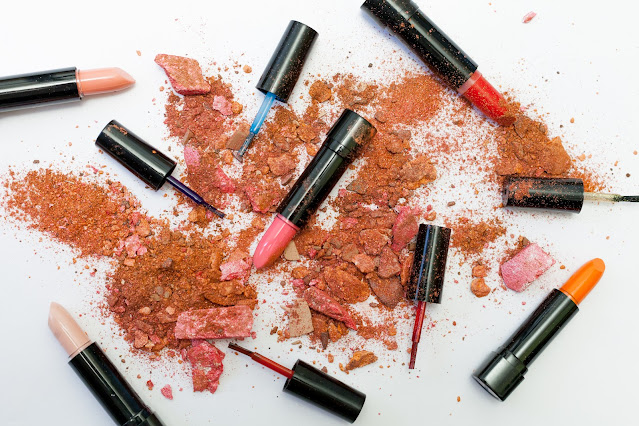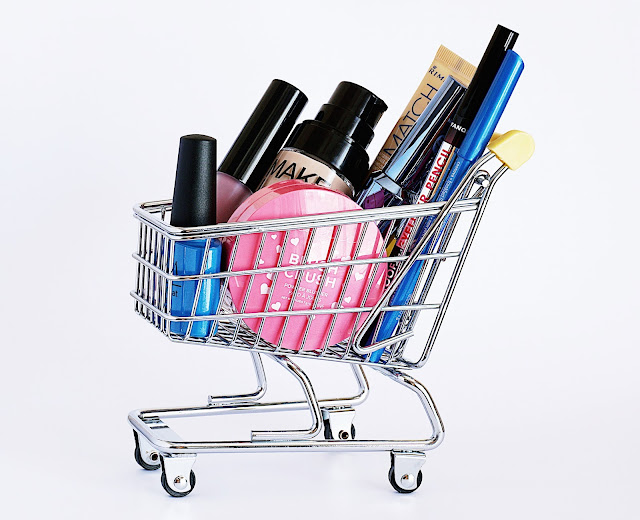Transforming Beauty: Japan's Cosmetic Manufacturers Drive Toward Sustainable Solutions and Plastic Reduction
Fancl Corp., another cosmetics manufacturer, has also increased the number of stores that collect used containers for recycling. Currently, 61 stores, including those in the Tokyo metropolitan area, accept used containers to be repurposed into planters. Additionally, several companies have been offering refill packs for their low-priced product lines available at drugstores. Now, they are extending this approach to their mid- and high-priced product ranges, which emphasize brand image and product quality.
Shiseido Co., for example, has been actively promoting refill
packs for its Elixir cosmetics brand. Refilling an Elixir skin toner requires
approximately 85% less plastic compared to using a new bottled toner. Shiseido
has also introduced refill packs for Elixir products in China and Taiwan. The
beauty product industry recognizes the rising consumer demand for both
luxurious experiences and eco-friendly options, which is why the release of
refillable items has been well-received. Customers appreciate these offerings
as they alleviate feelings of guilt associated with discarding containers.
As the cosmetics industry in Japan strives to reduce plastic
waste and meet consumer demands for eco-friendly solutions, the future of
sustainable beauty looks promising. Will other countries and industries follow
suit, adopting innovative approaches to minimize environmental impact while
still delivering on luxury and quality? Embracing refillable options and
repurposing discarded products, the beauty industry in Japan paves the way for
a more conscious and beautiful world. How will you contribute to the
sustainable beauty revolution?
Related Articles:




Comments
Post a Comment